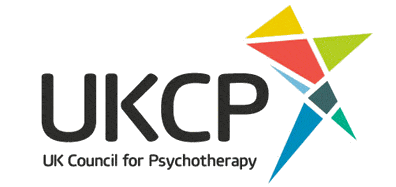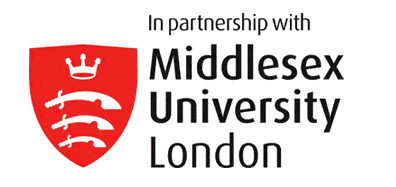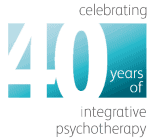The integrative framework of contemporary attachment theory provides a meta-perspective that transcends therapists’ model-allegiance.
In this talk, Professor Jeremy Holmes will outline aspects of affective neuroscience with its evidence-based underpinning. Within the rubric of therapeutic relationship, explanatory language, and change promotion, Professor Holmes will try to show how biobehavioural synchrony, embodied mentalising and Friston’s free energy/surprise model can illuminate the everyday work of psychotherapists, and even improve outcomes!
Professor Jeremy Holmes MD was for 35 years Consultant Psychiatrist/Medical Psychotherapist at University College London (UCL) and then in North Devon, UK, and Chair of the Psychotherapy Faculty of the Royal College of Psychiatrists 1998-2002. He is visiting Professor at the University of Exeter, and lectures nationally and internationally. In addition to 250+ peer-reviewed papers and chapters in the field of psychoanalysis and attachment theory, his books include John Bowlby and Attachment Theory, (2nd edition 2013) The Oxford Textbook of Psychotherapy (2005 co-editors Glen Gabbard and Judy Beck), Exploring In Security: Towards an Attachment-informed Psychoanalytic Psychotherapy (2010, winner of Canadian Goethe Prize) , and The Therapeutic Imagination: Using Literature to Deepen Psychodynamic Understanding and Enhance Empathy (2014) and Attachment in Therapeutic Practice (2017, with A Slade). The themes of this talk are explored his most recent book The Brain Has a Mind of its Own (confer 2020). He was recipient of the Bowlby-Ainsworth Founders Award 2009. Music-making, gardening, Green politics and grand-parenting are gradually eclipsing his lifetime devotion to psychoanalytic psychotherapy and attachment.
CPD CERTIFICATES WILL BE PROVIDED






